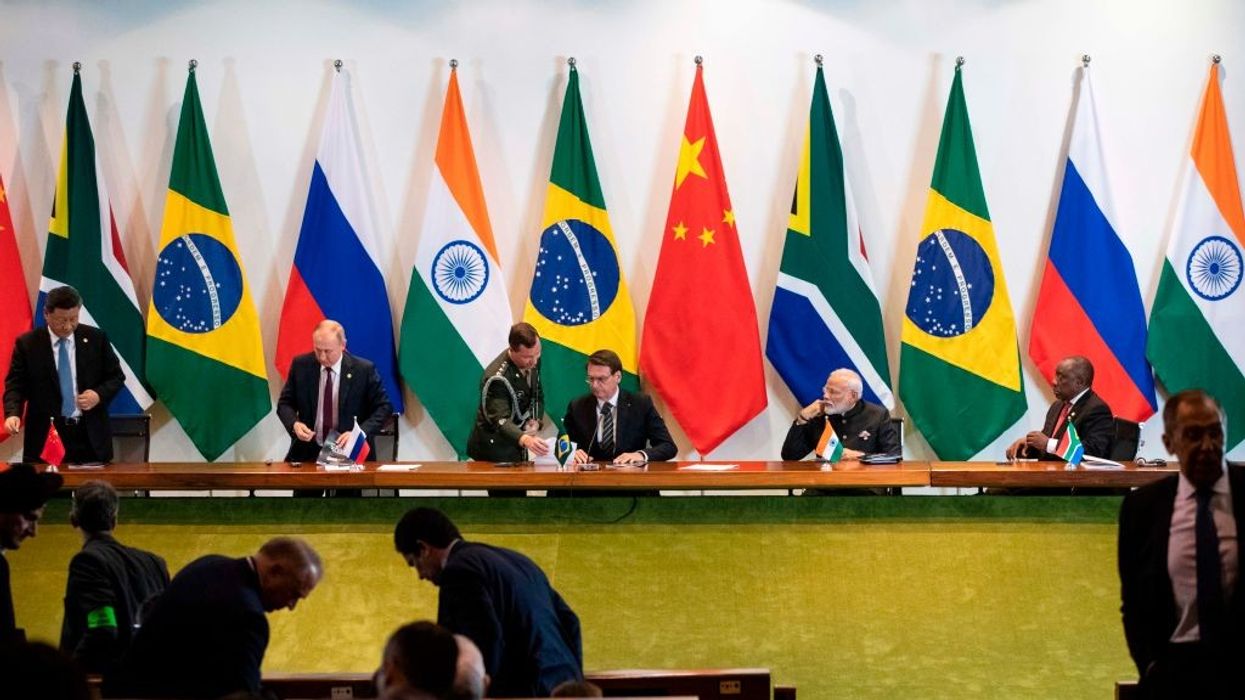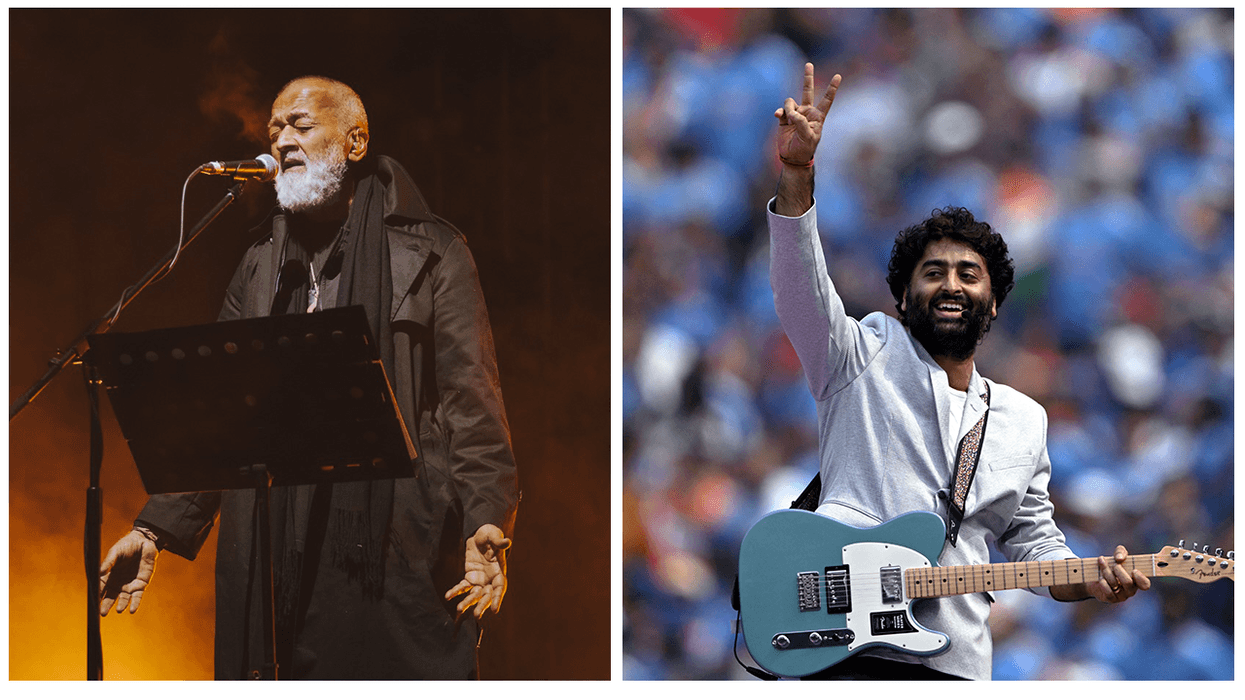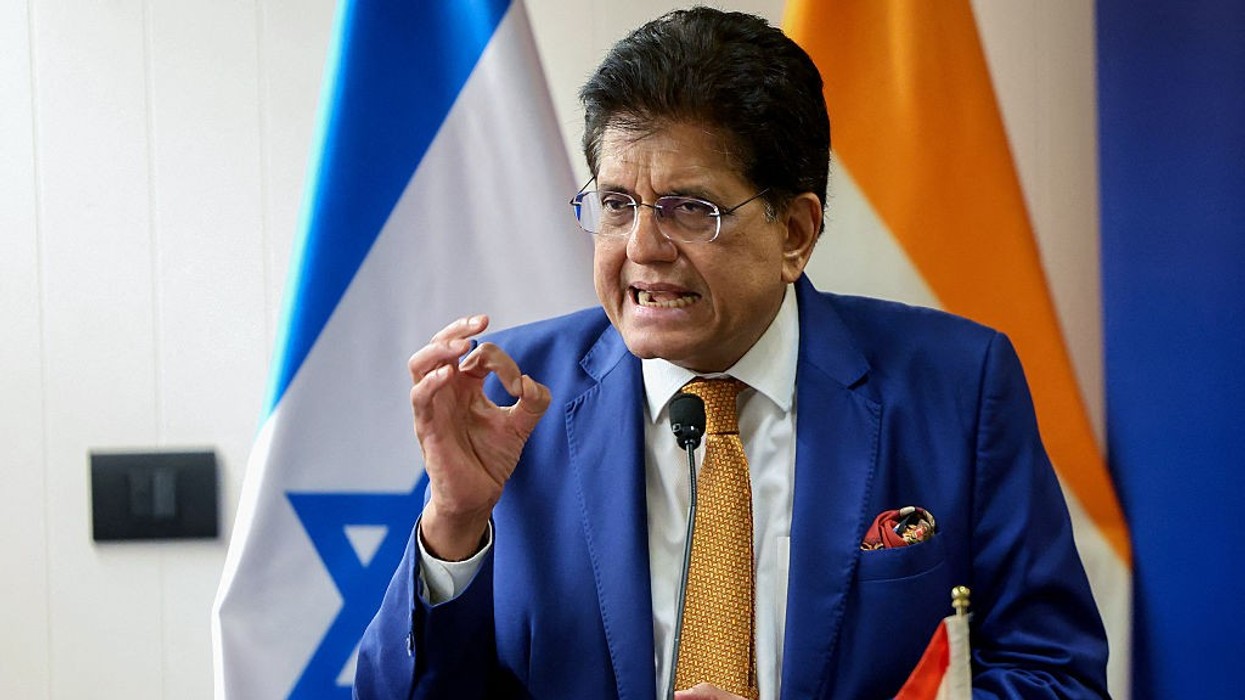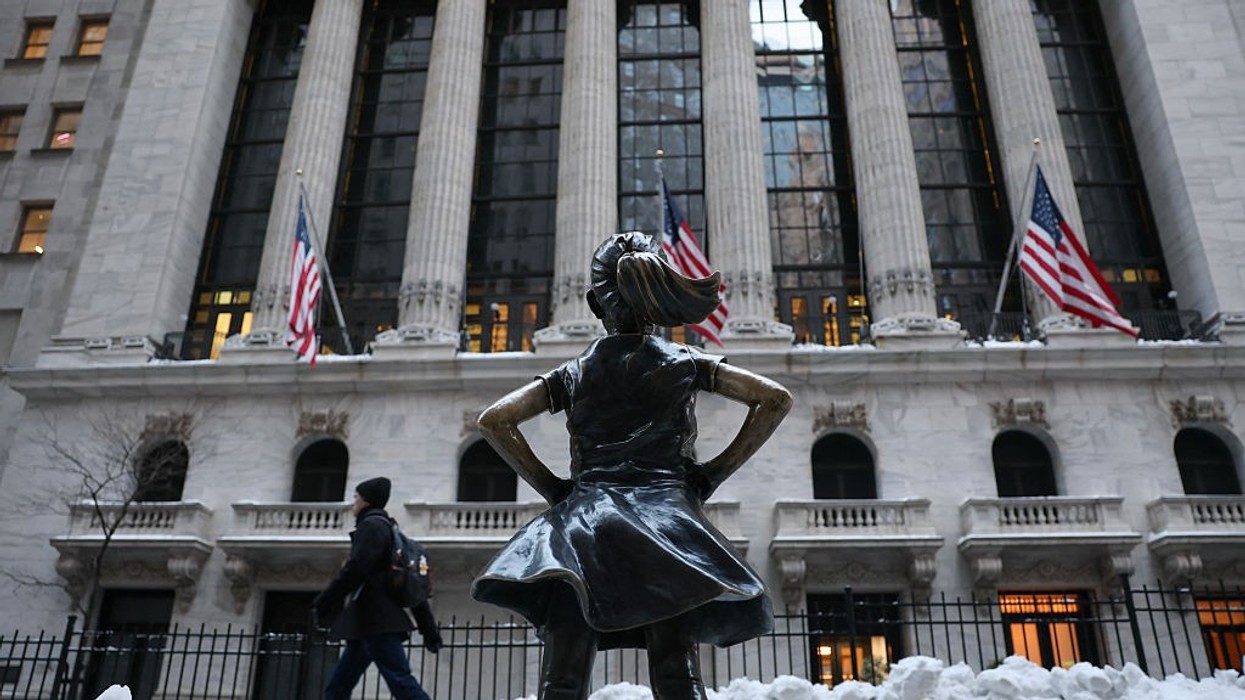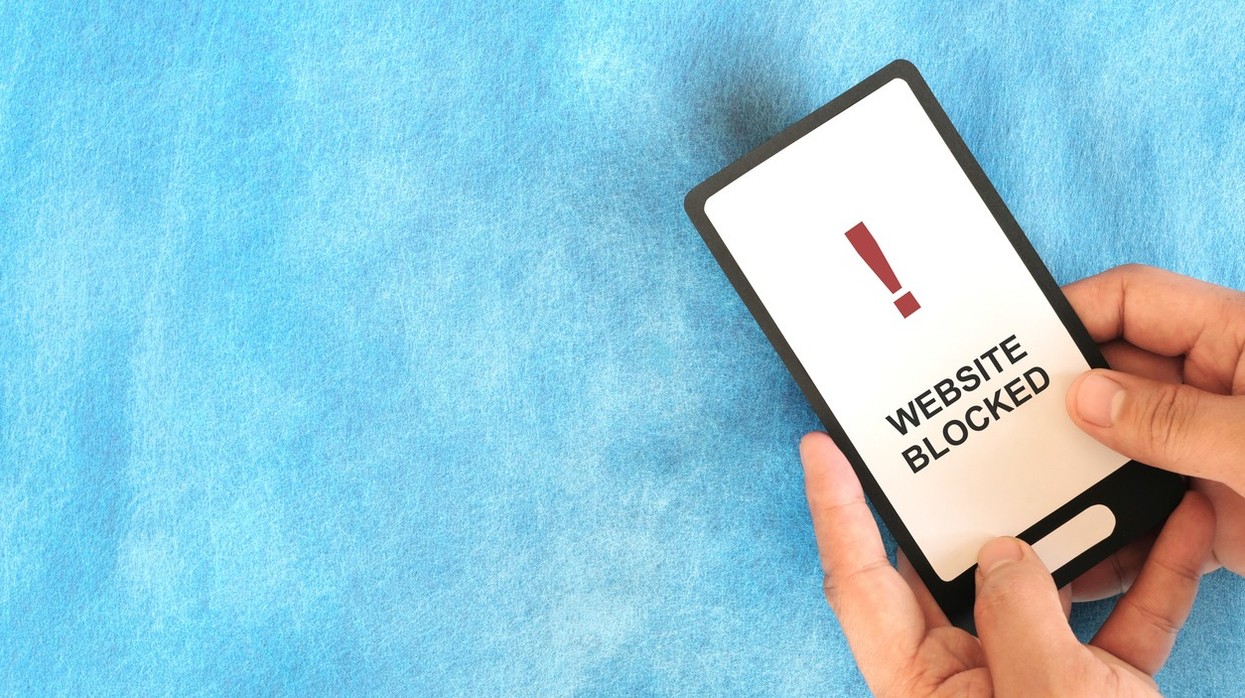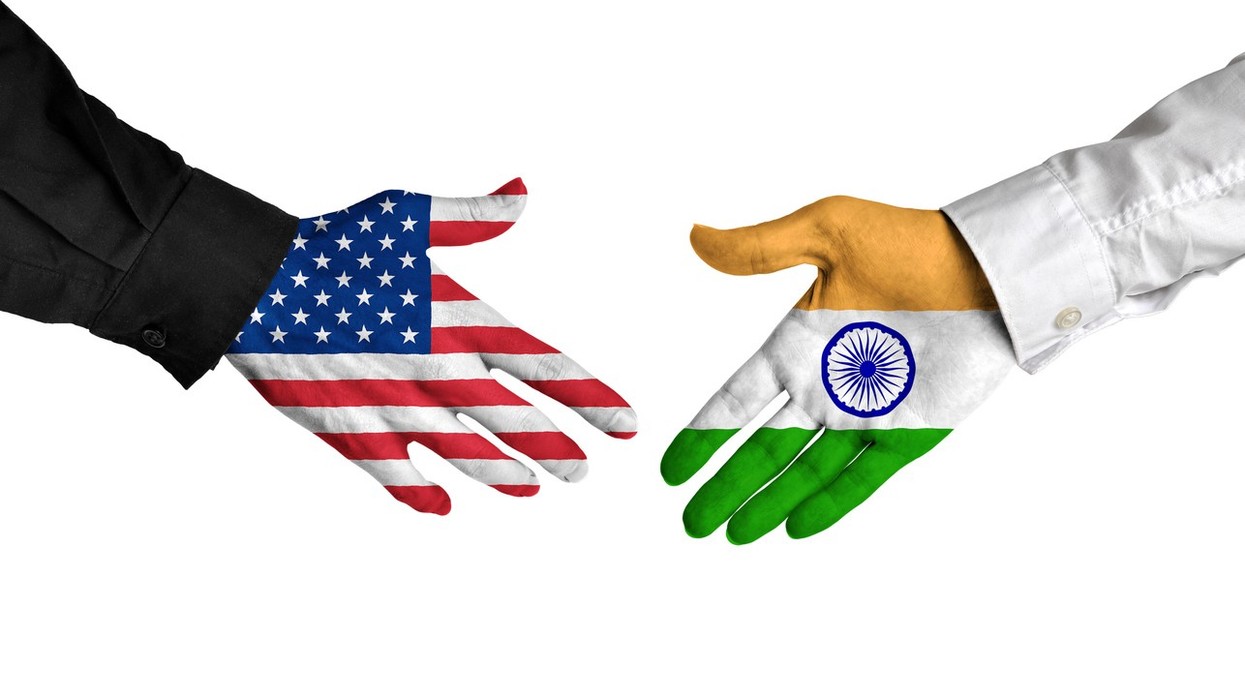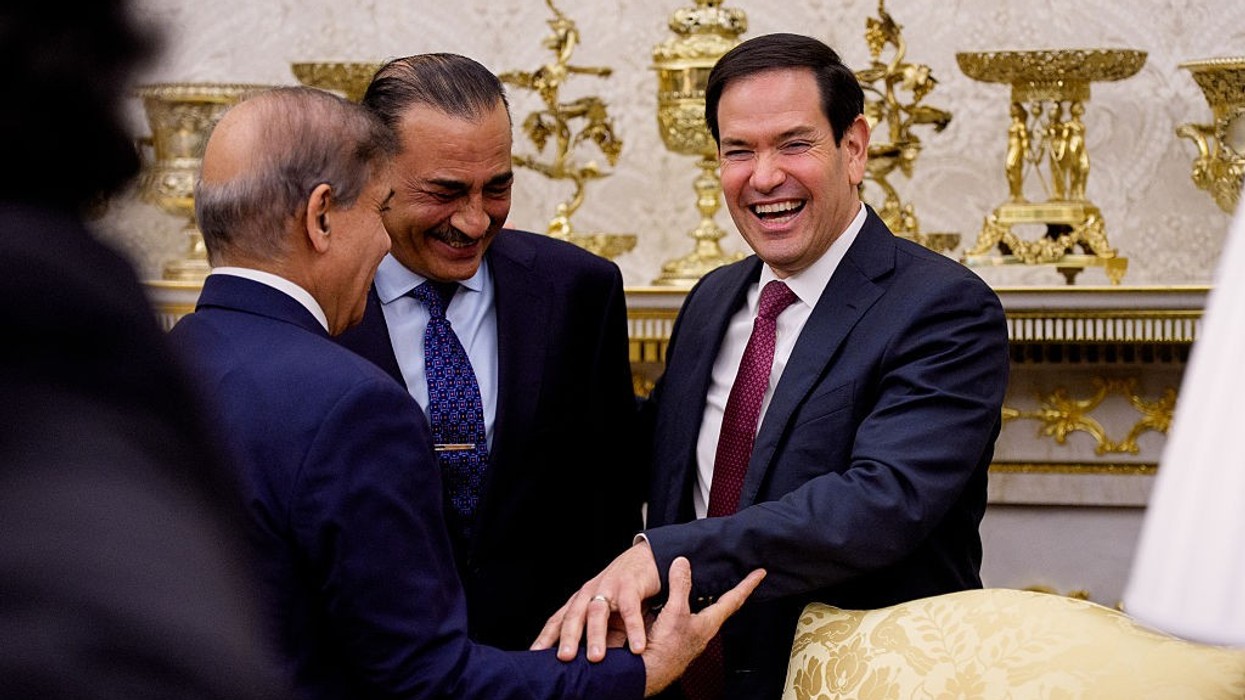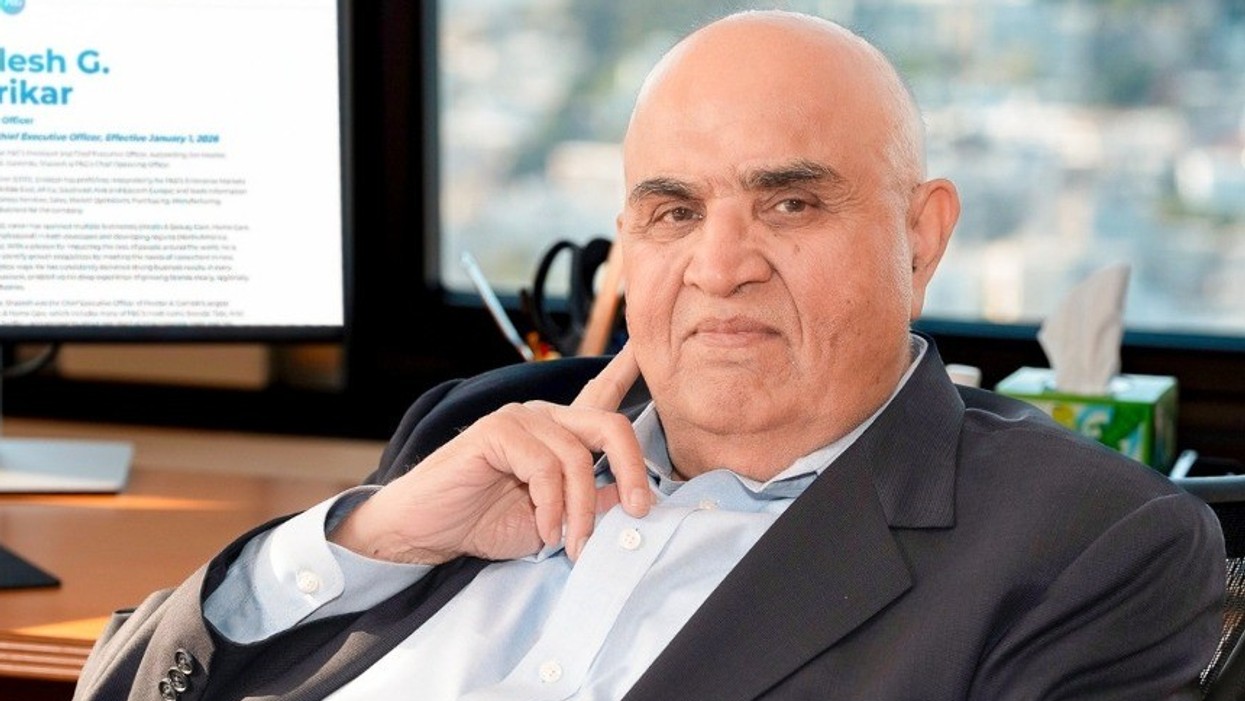US president Donald Trump on Friday (July 18, 2025) reiterated his threat to impose a 10% tariff on imports from members of the BRICS group of developing nations. He warned that the group would “dissolve very quickly” if it ever formed in a meaningful way.
"When I heard about this group from BRICS, six countries, basically, I hit them very, very hard. And if they ever really form in a meaningful way, it will end very quickly," Mr. Trump said without naming the countries. "We can never let anyone play games with us."
Trump also emphasized his commitment to preserving the dollar's global role as the dominant reserve currency. Additionally, he also pledged never to allow the creation of a central bank digital currency (CBDC) in the United States.
Declared on July 6, the new tariff policy threatens to be applied to any nation that supports the "anti-American policies" of the BRICS nations.
As traditional global forums such as the G7 and G20 struggle with internal divisions, compounded by the disruptive "America First" approach, the BRICS group is positioning itself as a new center for multilateral diplomacy.
Since issuing the warning, Trump has repeatedly claimed (without evidence) that BRICS was established to undermine the United States and the dollar’s status as the world’s primary reserve currency. However, BRICS leaders have publicly rejected those claims, stating that the group is not anti-American.
During Brazil’s BRICS presidency, it had planned for a common currency, which was stalled. The bloc is, however, planning a cross-border payment system known as BRICS Pay, designed to facilitate trade in local currencies.
In addition to South Africa, China, India, Russia, and Brazil, the BRICS group was expanded to include Iran and Indonesia last year. Leaders at the most recent summit, held in Brazil, delivered indirect criticism of US trade and military policies.
Trump has also targeted Brazil specifically, announcing a 50% tariff on Brazilian imports which was faced with criticism from the Brazil president Luiz Inácio Lula da Silva, popularly called Lula.
The updated tariff would reportedly be levied from August 1st. However, a separate investigation is underway to find what US officials described as Brazil’s "unfair" trading practices.
